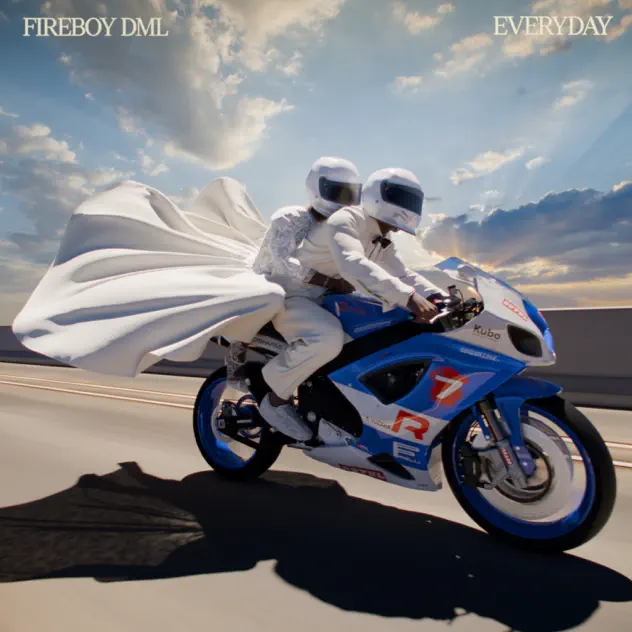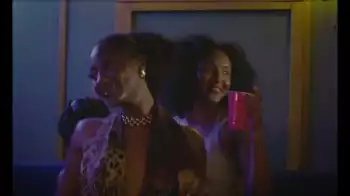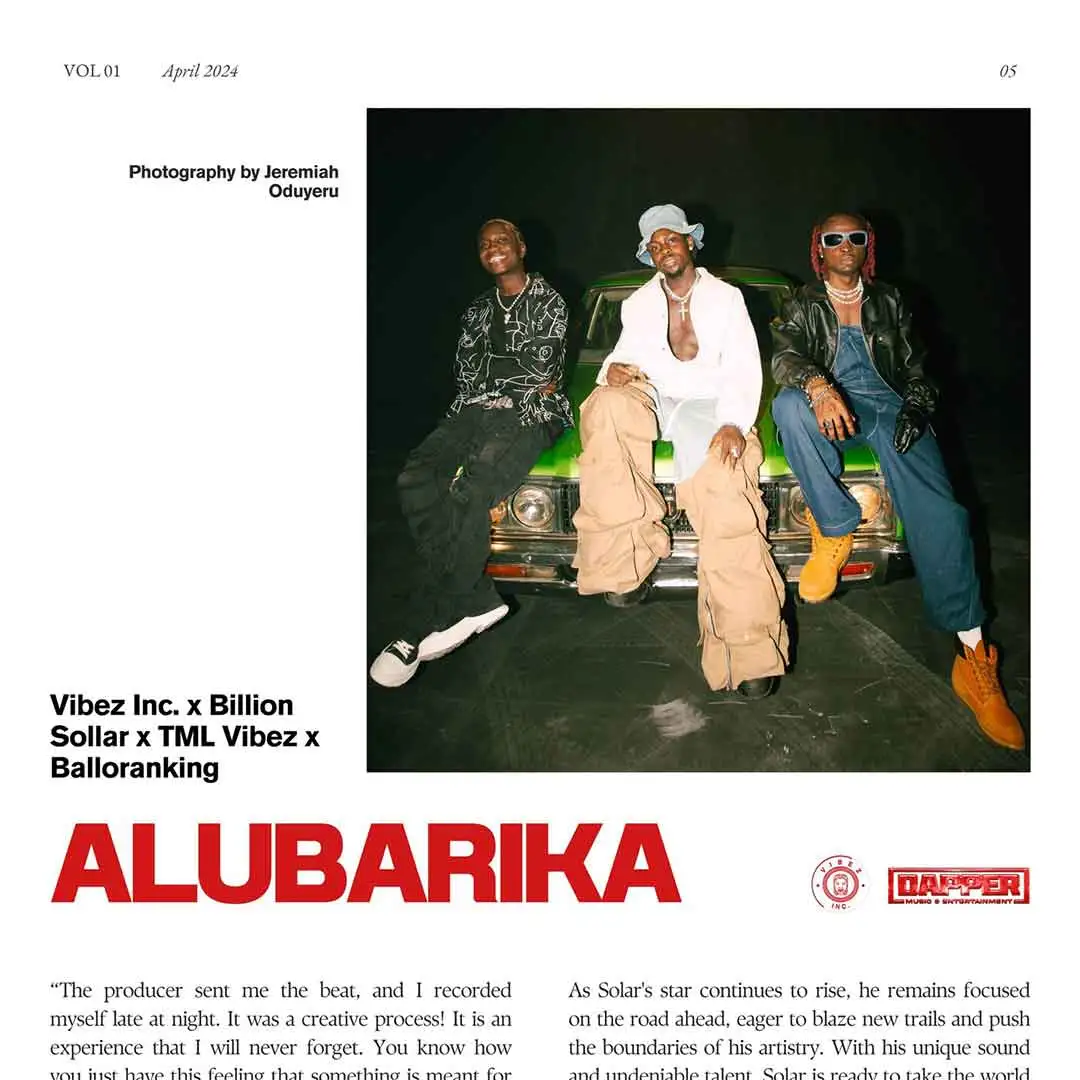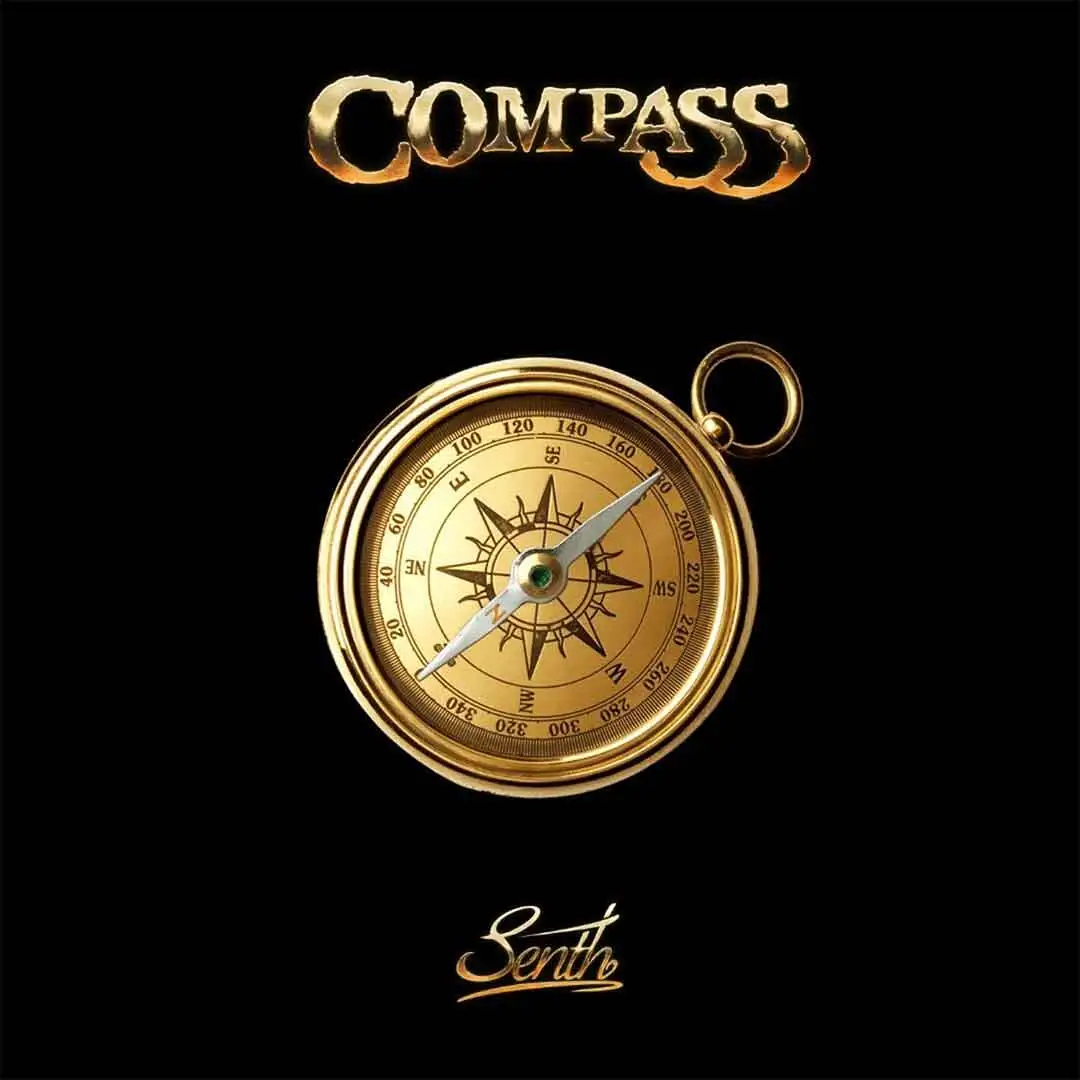Conflicted Destiny - Season 1 Episode 27
.jpg?w=900&ulb=true&ssl=1)
Conflicted Destiny - Season 1 Episode 27
It’s 1730 and a bright spring sunny day in DC, our gentle warrior returns from his devil dog training, hungry and exhausted from the belt way traffic. he has two option, eat/rest or open his computer….while his body aches and yawns for nourishment, his gentle soul was inexplicably captive by his beloved readers/follower…full with imagine and fantasies of a forbidden love… love supposedly hidden within the lines she uttered… she who could not be named, please take solace in the fact that thy imaginary Romey name is distance and thy husband name is closer..
He opens the computer and as usual nairyland’s onezes and zeros started appearing in all its glory… the patronage and words of the readers were overwhelming…his heart worms up and his tears were unstoppable…tears from recognition that maybe and just maybe he could make a difference..maybe if he or some of his friend that died along the way had opportunity of reading a similar story before they started off, who knows,some may still be alive today…
Here I go again..getting carry away..I know..I know..by the way THANK YOU all from the bottom of my heart, and I hope you all have a take away from this story..Ok Ok, I’ll stop now..the story..
**********************************************
Since his release from prison, he had been helping others bring drugs and sell them in Freetown. He seemed to be connected with the police and other influential people in Freetown. His biggest problem, though, was not that he peddled drugs, but that he was also an addict and was a big train wreck waiting to happen. He always made me laugh with his jokes.
I continued to research the possibility of selling shoes and other items in Freetown, just like CY was doing in Monrovia. It seemed like no one was doing it Freetown, and I thought it would be a brilliant idea to get it started. I decided that once Ernest and I returned to Nigeria and I got my money back from him, I would buy goods there, bring them back to Freetown, and find someone to sell them for me, just like CY did.
Ernest remained the kindhearted soul he had always been. Everyone loved him. He had being living in Sierra Leone for a long time and had not visited his family back in Nigeria. From what I heard, his family had requested that he come back home. Ernest later told me that the reason he didn’t want to return to Nigeria was his stepbrother. His father had married twice. The first wife had had a son before she died, and then his father had married Ernest’s mother. After his father died, his stepbrother took charge of all the property he had left. When Ernest eventually became old enough, he went into business with his stepbrother. After several years, Ernest was ready to move on and start his own business; however, his stepbrother refused to give him enough capital. With the little money he was given, Ernest started doing business between Nigeria and Ghana. After a while, he got into the drug trade in Sierra Leone.
On his last trip from Nigeria to Sierra Leone, he was arrested and the drugs were confiscated. After he was released, he met a young Sierra Leonean lady called Beckie. She took him in and took care of him until he got back on his feet. Though Ernest had bounced back and was doing well with his shop, he refused to return to Nigeria; instead, he invested all his money and energy in his shop. He ordered legitimate goods from Nigeria and sold them at his shop. He had being living with Beckie all these years, and other Nigerians wondered why he stayed with her for such a long time. Maybe it was because he didn’t want to hurt her after she had been kind to him, yet he did not seem to love her. Beckie was a scary woman, very possessive and jealous. She had a habit of always showing up wherever Ernest went and seemed to have this uncanny control over him. Many people suspected that she was controlling Ernest through voodoo magic because of the things she made him do—things he wouldn’t do under normal circumstances. Ernest was always sick and we suspected that she might be slowly poisoning him, perhaps so she could inherit all his property in Sierra Leone. They were not married, but their relationship had the semblance of marriage.
For this reason, everybody was pleased that Ernest was finally taking this trip to Nigeria. The hope was that it would do him some good. He would have the opportunity to reconnect with his family and clear his head.
A few days before our departure, I decided to call Ike, my secondary school friend who was now living America. He had given me his brother’s number in New York before he had left. This would be my third attempt at calling Ike. I had called him on two previous occasions while I was in Liberia.
The first time was when I returned from my misadventure to Mali. I was broke and desperate. I thought maybe if I called my old buddy, he would send me a few dollars. After all, he ate a lot of my food while we were in secondary school. But to my greatest shock and disappointment, when he got on the phone and I said who I was, he started rapping to me in an American accent. I couldn’t understand why he wouldn’t speak to me in Igbo; after all, he had only left Nigeria less than two years ago. I, on the other hand, could not speak to him in any other language than Igbo. I told Ike all the difficulties I was facing in Liberia and that I was broke, stranded, and in desperate need of cash. After a few moments of silence, my dearest friend said, “Listen, buddy, ain’t got no money.” He continued, “Man, you got to speak up. I can’t hear you and I got to go.” And then he hung up on me. A similar thing happened the second time I called him. As soon as he got on the phone and heard my name, he hung up. Now I wanted to give him an opportunity to redeem himself.
This time he did not hang up on me, but he made it clear that I was bothering him. He said that he was living with his brother, who did not appreciate people calling his house. I apologized and hung up the phone, more determined than ever before to travel to anywhere in Europe or America.
Everything was set for my trip to Nigeria with Ernest. The Mazda 626 had been serviced, we had bought enough food for the road, and we even had a mechanic traveling with us. He was a Cameroonian guy who had been stranded in Sierra Leone for years. Rumor had it that he was a stowaway on a ship from Cameroon to Europe. When he was discovered, he was thrown overboard in Sierra Leonean waters. Fortunately for him, he was a good swimmer, and after two days was rescued by a fishing boat and taken to Freetown. While living in Freetown he had learned to be a mechanic. He was employed in an auto repair shop, and though he was making a living, he couldn’t save enough money to travel back home to Cameroon. When he learned that Ernest and I were traveling to Nigeria, he begged Ernest to give him a ride. Since Nigeria and Cameroon have a common border, it would be easy for him to get back to Cameroon from there. For Ernest and me, this was a no-brainer. We knew that a mechanic would be useful since the journey would be long and the road would be treacherous.
We left Freetown on July 1, 1990. Since I had traveled by road before, I would lead us all the way to Guinea through the Ivory Coast and then Ghana. From Ghana it would be a straight shot to Nigeria, passing through Togo and Benin Republic, since there was only one international road leading from Ghana.
The journey went smoothly until we got into Guinea. The roads there were terrible. The Mazda 626 was a sedan and didn’t have a four-wheel drive, and the roads could only be navigated easily with an SUV or any other 4×4 vehicle. In addition, we had to deal with constant stops by the police and gendarmes. There seemed to be millions of them, and since we had a foreign license plate, they demanded all kinds of vehicle papers. It didn’t matter to them when we explained that we were only passing through. We always ended up giving them money before we would be allowed to move on.
On July 2, when we had gone midway across Guinea, we had to cross a river that had no bridge. We could not go back, and only big trucks and big SUVs could cross the river without any problem because their engines were a little higher off the ground. Our vehicle was very low, and we knew that if we tried to cross, our engine would be soaked. Our mechanic friend so far had proven to be useless to us. On several occasions since we had started the trip, he had failed to demonstrate a good understanding of various functionalities of our vehicle. He could not be trusted, but at this point it was already too late; we were stuck with him. I prayed, remembering all of the miracles that God had performed when the children of Israel were going to the land of Canaan. I remembered how the Lord, through Moses, parted the Red Sea so the Israelites could go through on dry ground, and hoped that God could do something similar for us here. After I prayed, we proceeded to drive through the river. We went across, and as soon as we got onto the other side and up the hill, the car shut down. But after a few more prayers, the vehicle started and we continued on our way. We thanked God for getting us through.
We had more car problems every now and then, and as usual, our mechanic friend wouldn’t know what to do. At times we would use roadside mechanics to solve the problem. We were almost at the border of Guinea and Ivory Coast when we ran into more trouble with the gendarmes and police. By this time we were running out of money and didn’t want to give out any more unnecessarily. Because we refused to give the bribe, our vehicle was detained, and by the time it was released, it was late and the border was closed for the night. We spent the night in the car, waiting for daybreak.
We crossed the border into the Ivory Coast on July 3. The roads in this region were still rough, and we still had to bribe the police and gendarmes when necessary. But the car was showing signs of giving up—after three days, the roads had taken their toll.
We arrived in Abidjan on the evening of July 3 and decided to spend the night there. This was my first time in the city. We were directed to a place called Biafran market, which was supposed to be a predominantly Igbo market.
During the Nigerian civil war, a large number of Igbos left Nigeria and became refugees in neighboring countries, including the Ivory Coast. Even the Biafran leader, Chukwuemeka Odumegwu Ojukwu, went on exile to the Ivory Coast after the war. Some of the refugees returned to Nigeria after the war, but a large number remained in diaspora and adopted their host country as their home. Being an industrious tribe, the Igbos excelled in all walks of life in the different countries where they resided. The Biafran market was a typical example. It was the biggest market in the Ivory Coast, and it was believed the excellent economic condition that the area was enjoying at that time had a lot to do with the presence of the Igbos and their ingenuity. When we reached Biafran market, we ran into many Igbo people, as we anticipated, and one was kind enough to provide us accommodations for the night at his house.
Before going to bed that night, we decided to explore Abidjan. It was indeed a beautiful city and the people were very proud of it. That night we visited an area called Le Plateau, aka “Petit Paris.” It was the most beautiful place I had ever been to. I was impressed to find such a place existed on our continent. The Ivoirians are proud people and don’t spare anything in their effort emulate their colonial master. On the way to Abidjan, we had passed a town where we saw a marvel of a church. It was said to be the largest and most beautiful Catholic church in the world. The construction cost was equivalent to the country’s total budget for a year.
The next morning, July 4, we started on our journey to Ghana. The road got better, but the irritating presence of the gendarmes and police persisted. So far we had had little use for our Cameroonian mechanic. Since he was a Cameroonian, we expected him to speak French, which would have made our interaction with the gendarmes and the police a lot easier. But he was not educated, so he only spoke Cameroonian-broken-French and Creole. Whenever we had problems with the gendarmes and police, even the simplest situation became complex because of our inability to explain ourselves in French. The Guinean and Ivorian gendarmes and police could barely understand the mechanic’s broken French.
We ran into another situation with the Ivorian gendarmes and police later that evening. They wanted us to produce the import license and documentation for the vehicle. We tried to explain that we were in transit and were heading to Ghana, but they wouldn’t listen. We spent many hours at that post, and by the time they let us go, it was getting dark. To make matters worse, the car refused to start. As we were fiddling with it, one of the custom officers who had detained us earlier was on his way home. He happened to be very good with cars and he helped us start the car. He insisted that we spend the night at his home and continue our journey the next morning. We accepted his offer.
He took us to his home and introduced us to his wife and two daughters. This man was by far the kindest we had met on the roads thus far. It was hard to see this generous man as the same monster that we had encountered earlier at the post. His family made us a delicious Ivorian meal. One of his daughters took a liking to me and we spent a lot of time chatting. It seemed the officer was pleased with his daughter’s friendship with me, because while I was talking with her, he brought me their family album and showed me all her pictures. He later pulled out two of his daughter’s personal pictures and gave them to me to keep. He invited me to come back and stay with them again sometime. We exchanged addresses and phone numbers. It was a delightful evening, and it was late when we finally went to bed that night. We woke up the next day and had a fantastic breakfast. I couldn’t believe their hospitality. We were treated like VIPs. Before we left that morning, we thanked them for their kindness. I promised that I would return someday, and also that I would write to their daughter and perhaps send her a picture of myself.
With that, we continued on our journey to Accra. The sound coming from the engine was ominous, and we weren’t sure the car would make it to Accra, much less Nigeria. We hoped and prayed, but as soon as we got to Accra late that afternoon, the engine died. We thanked God Almighty for three things: 1) that this happened in an English-speaking country; 2) that Ernest had friends in Accra; and 3) that it was just six to eight hours away from our final destination, Nigeria.
Ernest contacted one of his friends, a Lebanese guy to whom he supplied spare car parts when he was doing business in Ghana. His friend allowed us to stay at his house. Meanwhile, he and Ernest reached an agreement that Ernest would go to Nigeria and bring him some goods, and when he returned, he would help replace our car engine, which was completely dead.
The Lebanese guy could only accommodate one guest in his house. With Ernest about to leave, there were still two of us. So before Ernest departed, we borrowed money from the Lebanese guy to send the Cameroonian all the way to Aba. I gave the Cameroonian my uncle’s address in Aba, and instructed him to go to him and tell him that I sent him. I asked him to explain his situation to my uncle and ask him for money to transport himself to Cameroon. From what I was told later, he did stop at Aba and my uncle did give him money to travel back to his home in Cameroon.
Ernest took off for Nigeria and would be gone for three days. For me, it was no big deal; I could afford to wait for a few days. But after one week, Ernest still hadn’t shown up. The Lebanese host was getting nervous because he had given Ernest money for the goods. Even though they had been doing business for a long time and must have trusted each other, he was still worried. However, as long as I was in the house, he was okay because I kept telling him that Ernest would return to Ghana.
The truth was that I was worried, too.
**********************************
[ads4]
To Be Continued…

.png?w=300&ulb=true&ssl=1)
.jpg?w=300&ulb=true&ssl=1)
.jpg?w=300&ulb=true&ssl=1)



![Deaw Special Super Soft Power (2024) [Thai]](https://www.memesng.com/r/storage.waploaded.com/images/b675bcd2729ccacc87521af7756011eb.jpg?w=50&ulb=true&ssl=1)
![Free Money (2023) [Estonian]](https://www.memesng.com/r/storage.waploaded.com/images/078db976c9c922a1c9c18a9a032b6c2b.jpg?w=50&ulb=true&ssl=1)














![Ninja Kamui (2024) [Japanese] (TV series)](https://www.memesng.com/r/storage.waploaded.com/images/269fcbec2b9d7d5506a919f192f2e61d.jpg?w=50&ulb=true&ssl=1)
![The Escape of the Seven Resurrection (2024) [Korean] (TV series)](https://www.memesng.com/r/storage.waploaded.com/images/2a7d90cddc2687327a1fdc3bef1e6d2e.jpg?w=50&ulb=true&ssl=1)
![Beauty and Mr Romantic (2024) [Korean] (TV series)](https://www.memesng.com/r/storage.waploaded.com/images/ecd8a3a73377eece67c71f1551596799.jpg?w=50&ulb=true&ssl=1)
{{comment.anon_name ?? comment.full_name}}
{{timeAgo(comment.date_added)}}
{{comment.body}}
{{subComment.anon_name ?? subComment.full_name}}
{{timeAgo(subComment.date_added)}}
{{subComment.body}}